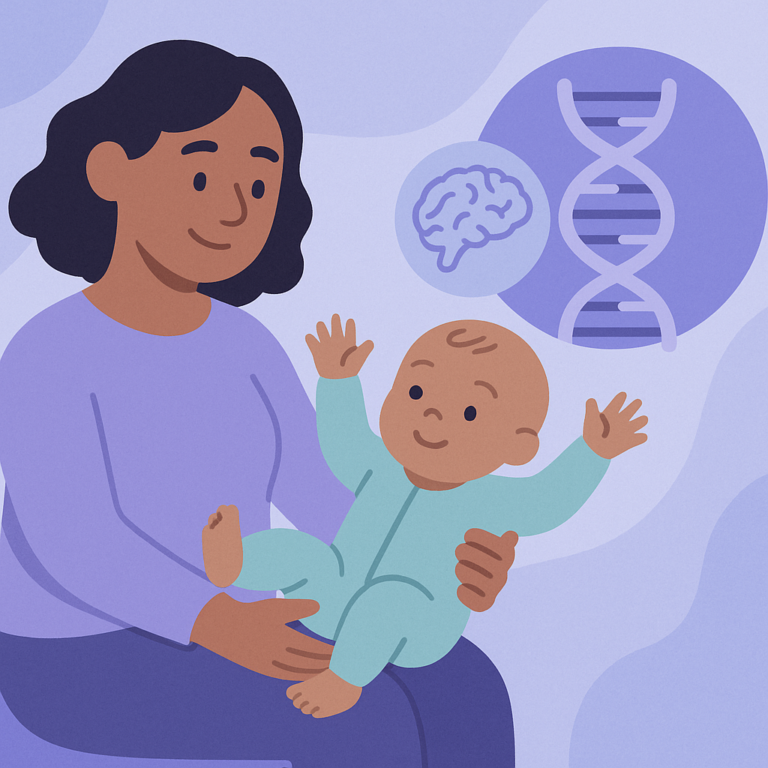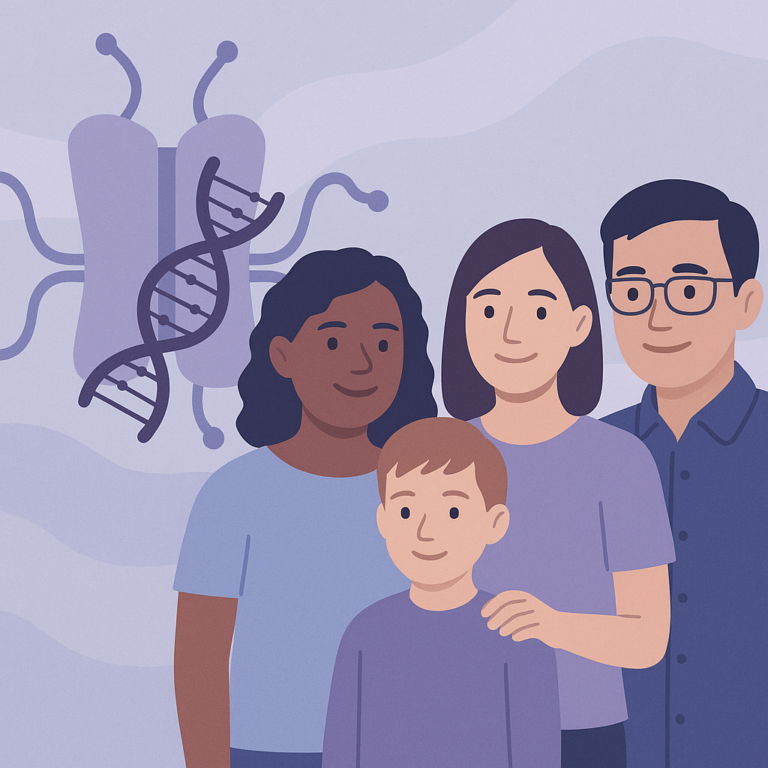Paediatric Antiseizure Medication Use and Costs in France
A recent study looked at how anti-seizure medications (ASMs) are used and their costs for children in France from 2014 to 2023.
This hub covers epilepsy genetics: how gene changes can contribute to seizures (often in children). We translate studies on testing, results like VUS, and what findings may change for care.
No. It’s common in pediatrics, but adults can benefit from genetic testing, too, especially with unclear diagnosis or family history.
Sometimes. For certain conditions, results can guide medication choice, diet therapies, or referral decisions.
It usually means “not enough evidence yet.” It shouldn’t be treated as a definite cause, but it can be reclassified over time.
Not necessarily. Testing can miss some variants, and new gene links are still being discovered.

A recent study looked at how anti-seizure medications (ASMs) are used and their costs for children in France from 2014 to 2023.

This study looked at a new online tool called EPstat, which provides doctors with real-world data about how well different epilepsy medications work for patients.

Researchers studied how well patients with epilepsy and their caregivers understand Sudden Unexpected Death in Epilepsy (SUDEP), which is a serious risk associated with epilepsy.

Researchers studied how the ketogenic diet (KD) affects the microbiota-gut-brain axis (MGBA) in people with drug-resistant epilepsy (DRE).

Researchers studied a patient with unusual movement problems linked to a change in the PRRT2 gene.

This study looked at how effective and safe four different medications—brivaracetam, cenobamate, lacosamide, and perampanel—are for adults with drug-resistant focal epilepsy.

Researchers studied a technique called external trigeminal nerve stimulation (eTNS) to see how it might help with various neuropsychiatric disorders.

This study looked at people with spinocerebellar ataxia type 10 (SCA10), a rare genetic condition that affects movement and can cause seizures.

Researchers studied how certain genetic mutations in two proteins, KCNH1 and KCNH5, are linked to epilepsy and developmental disorders.